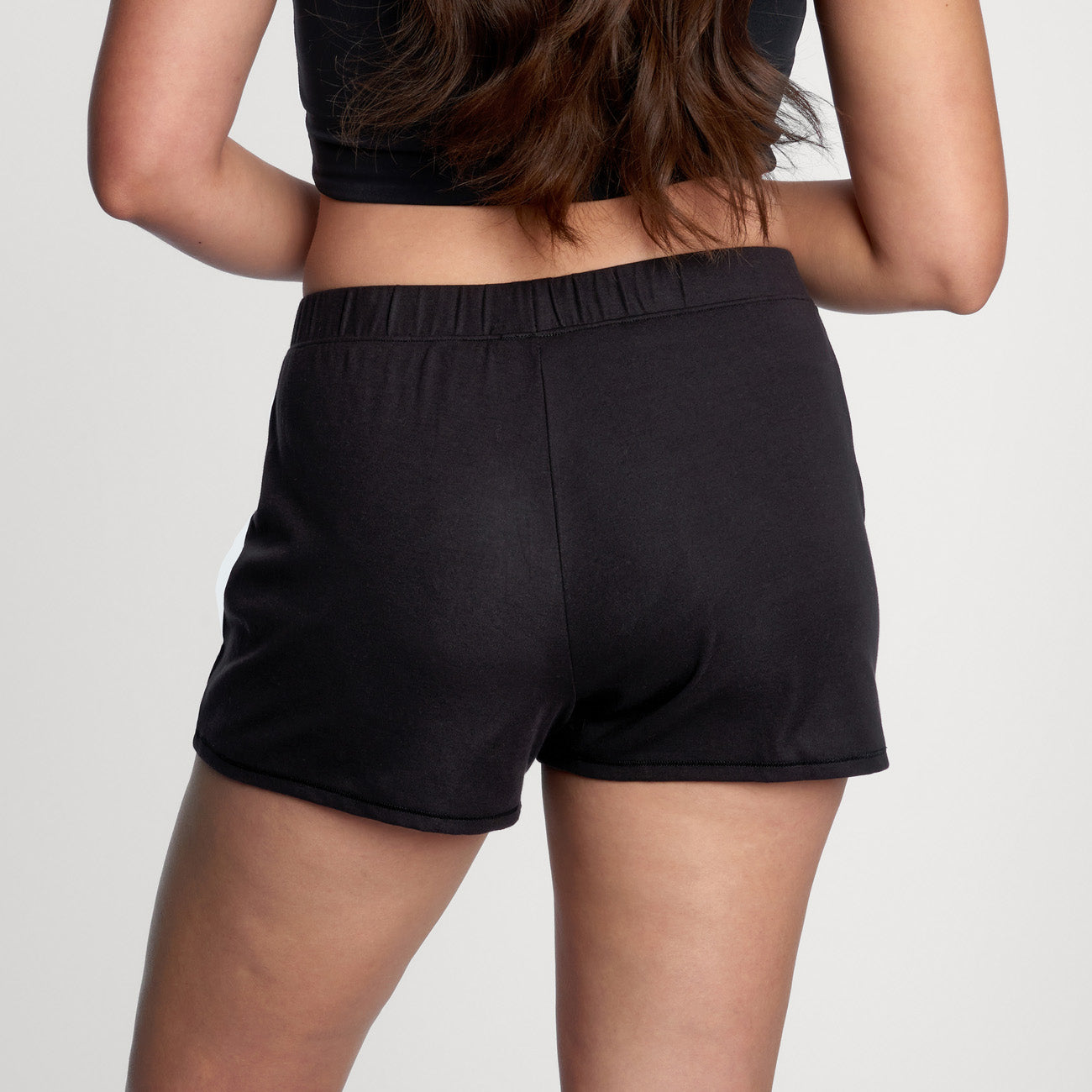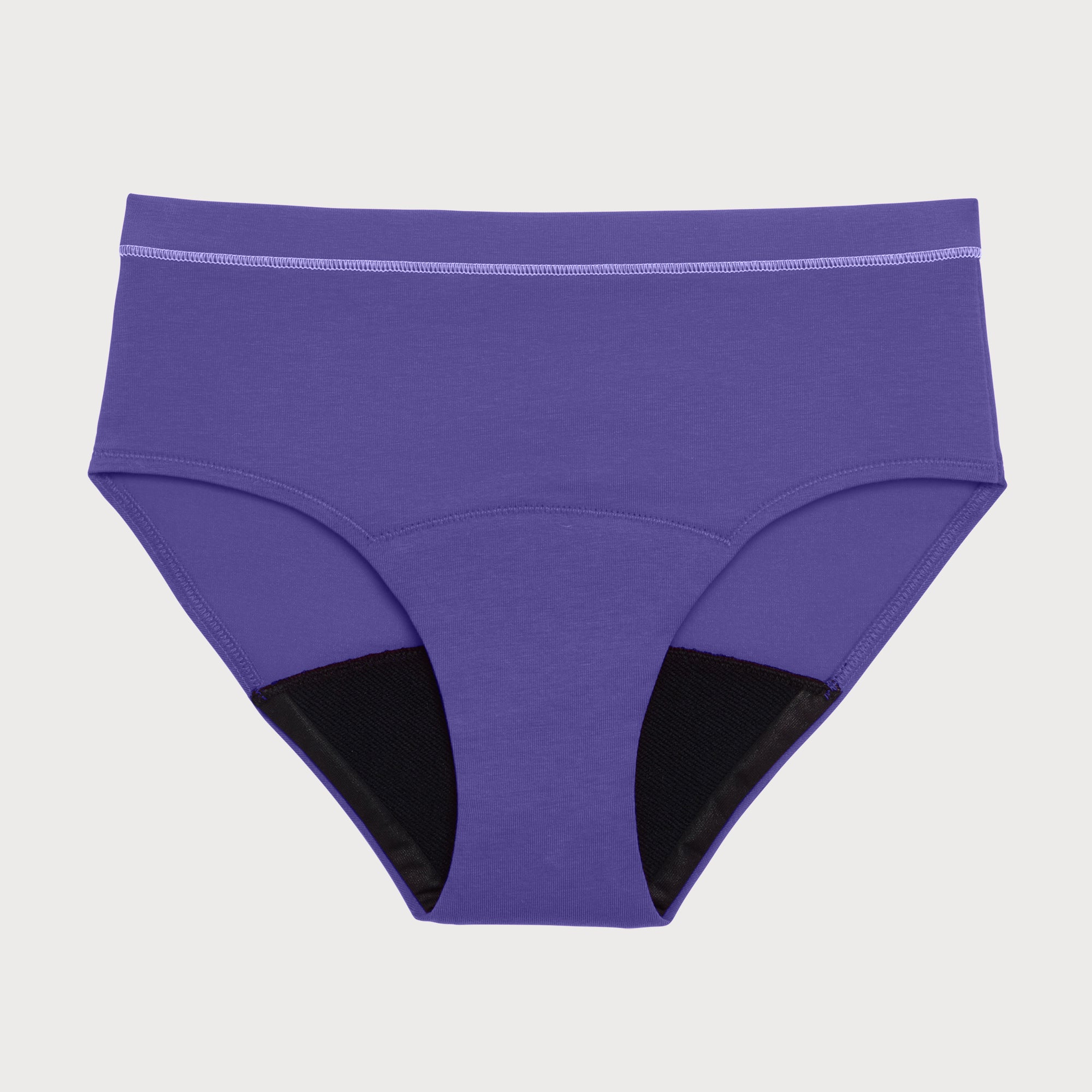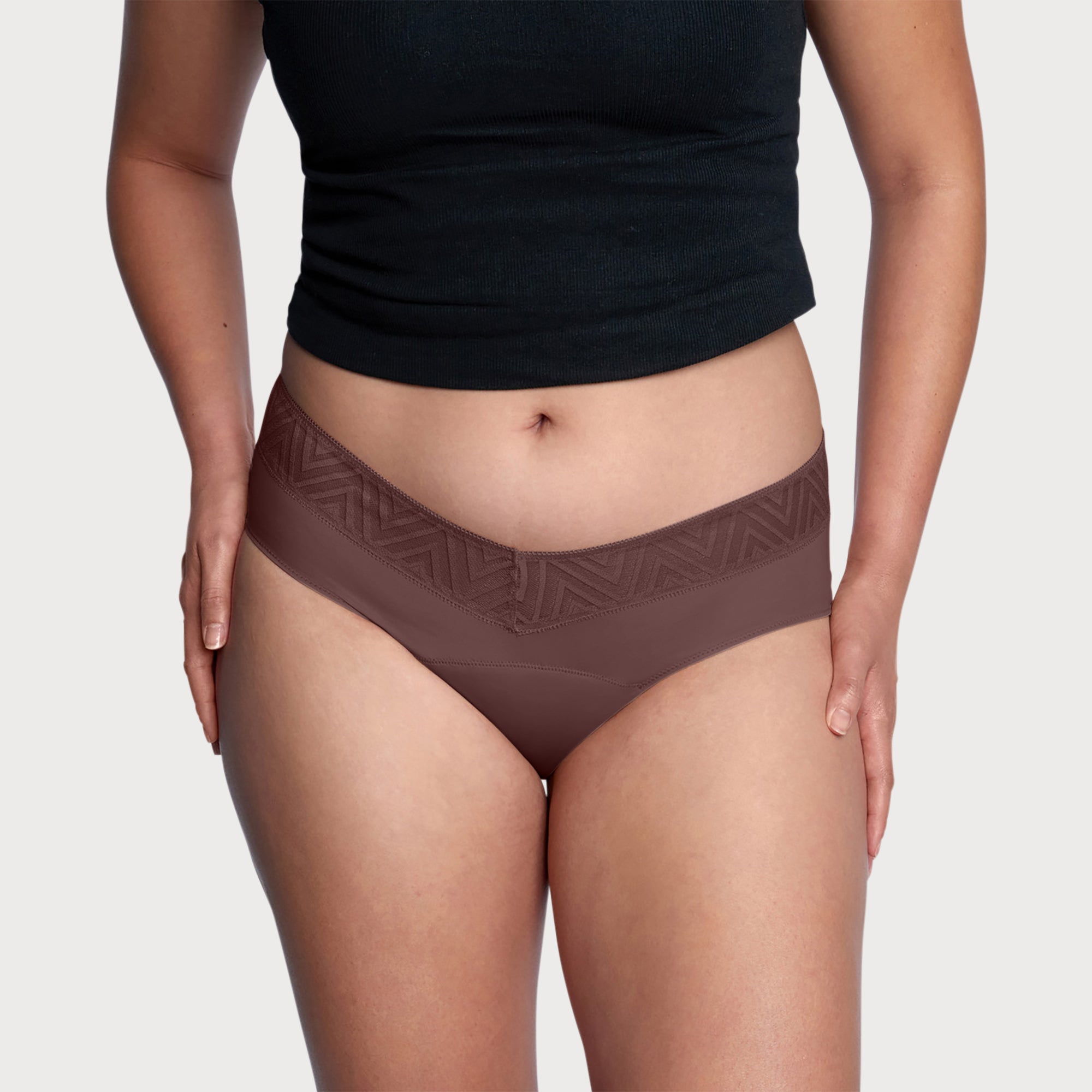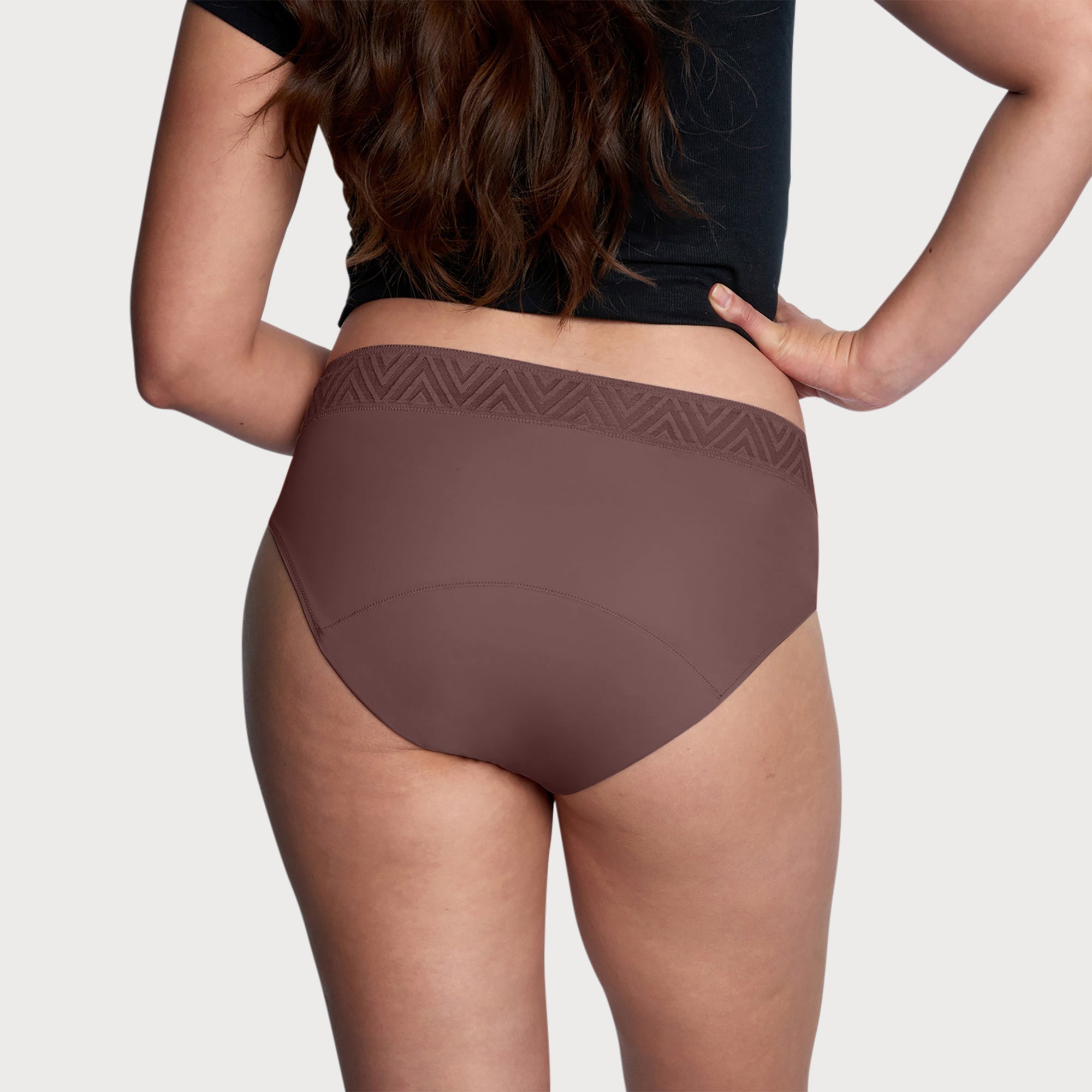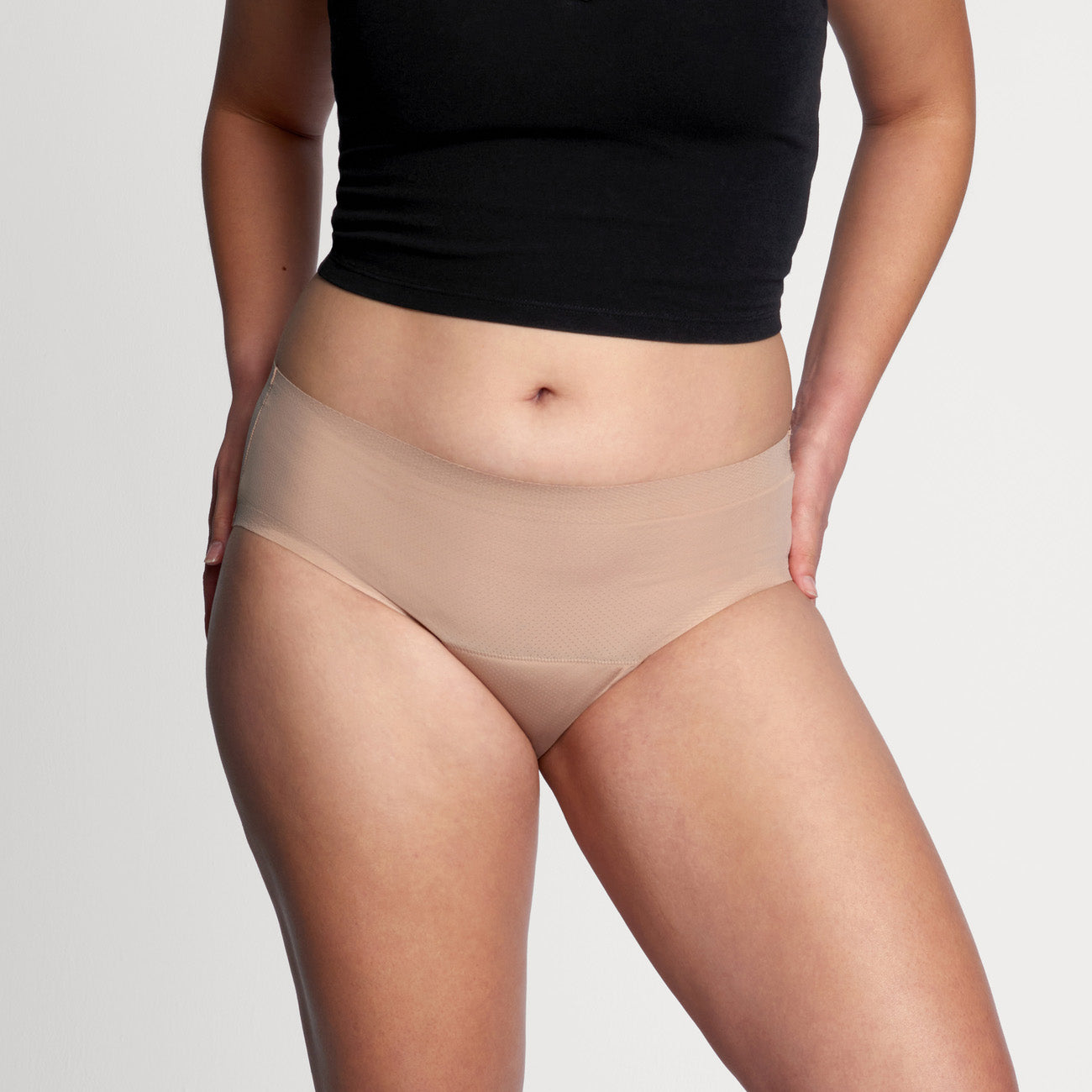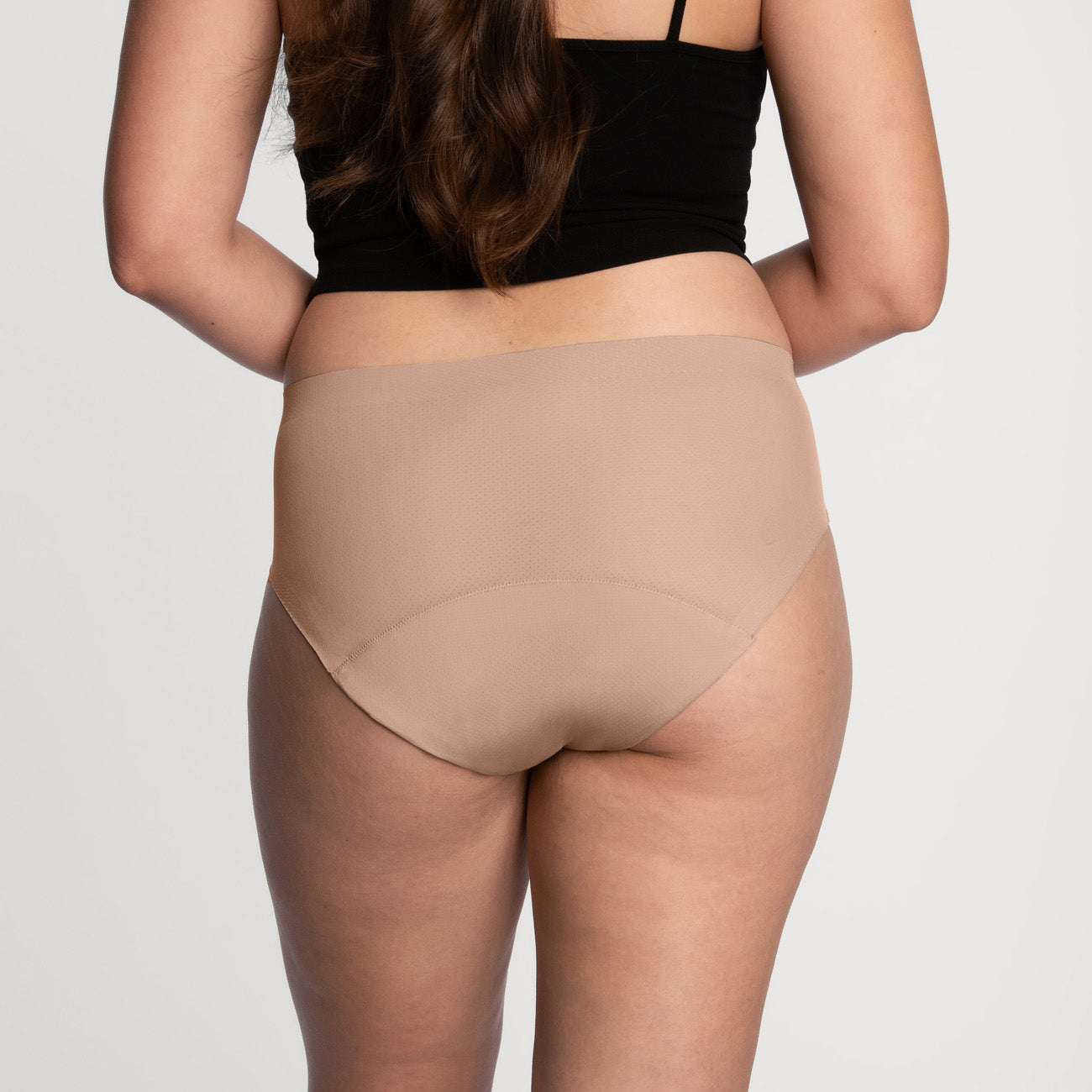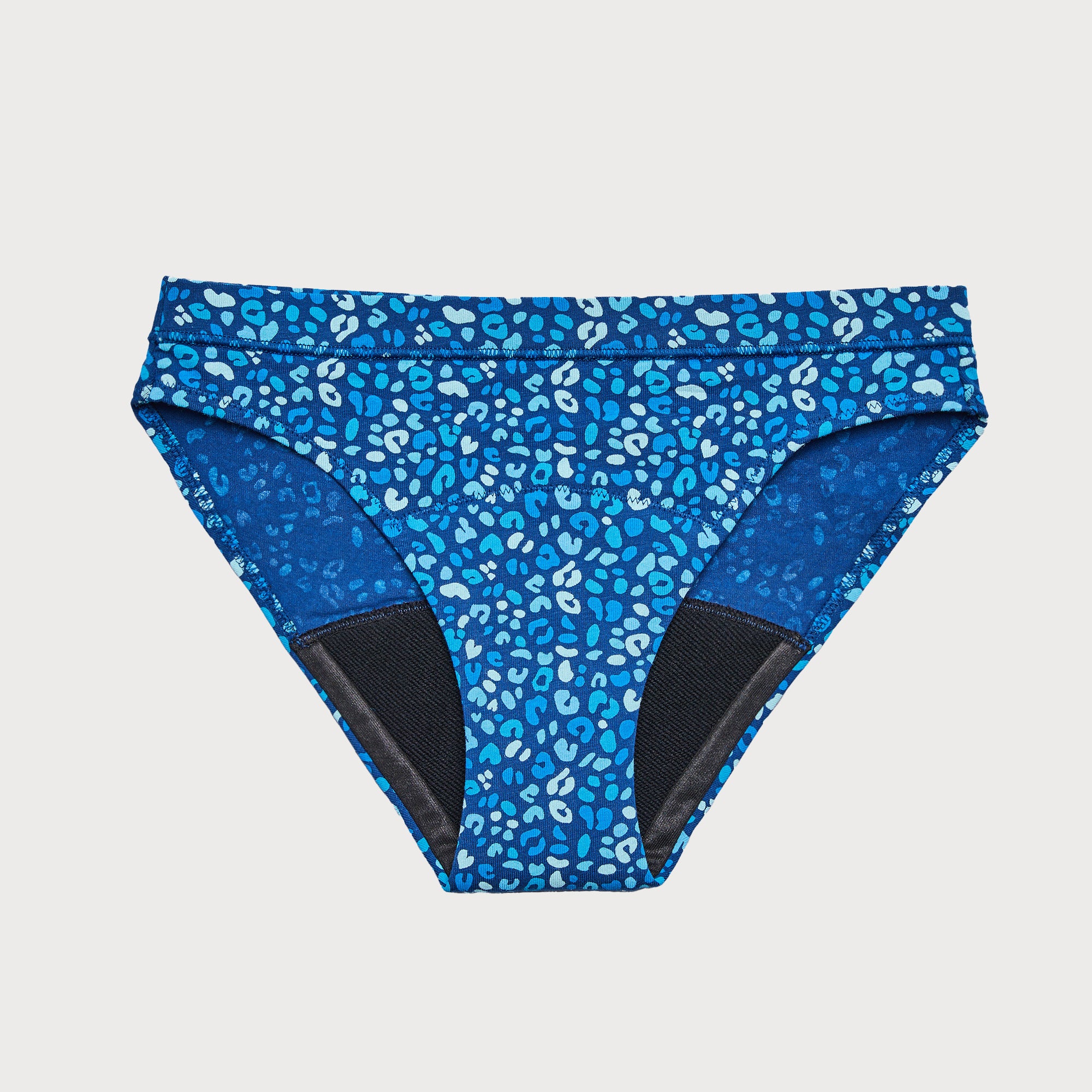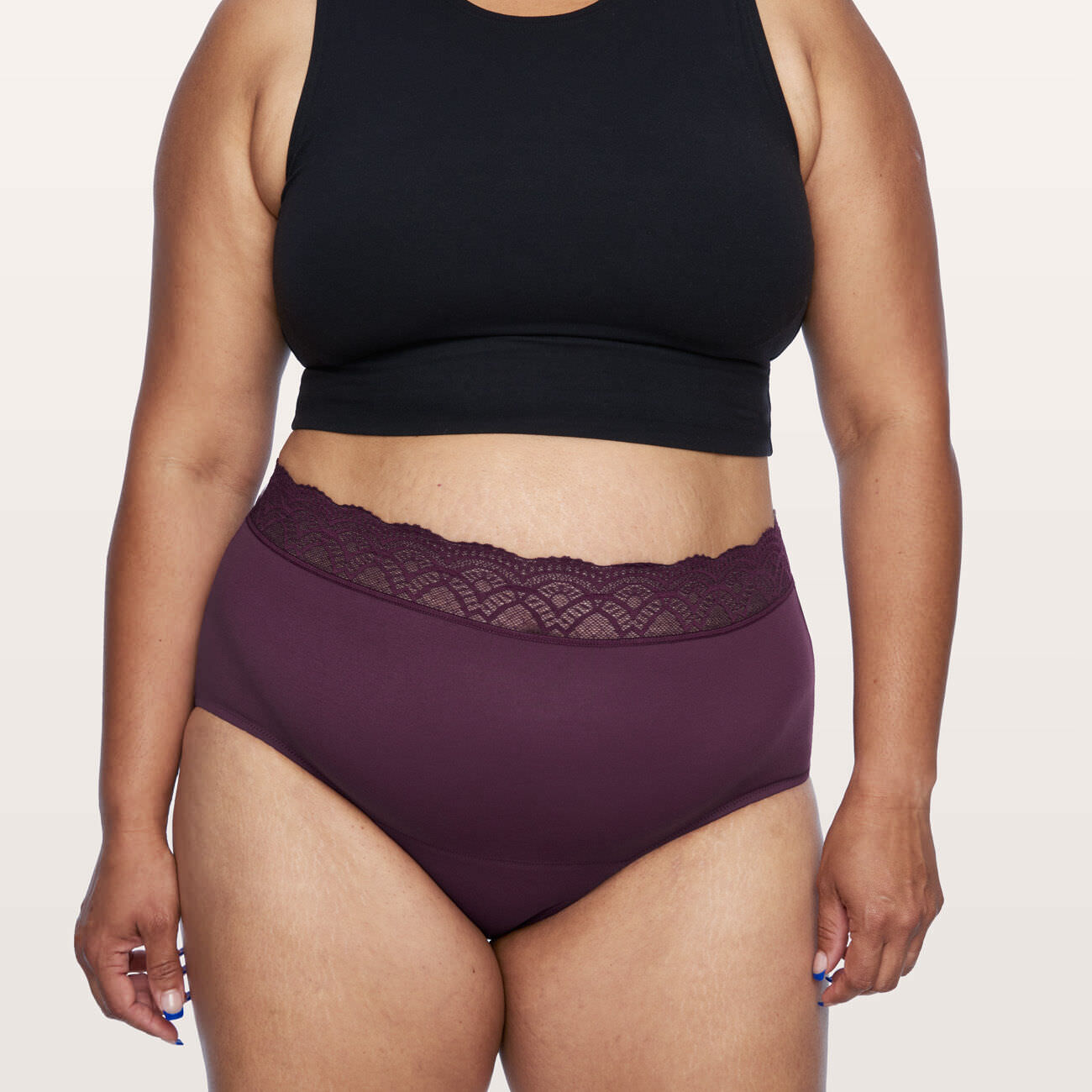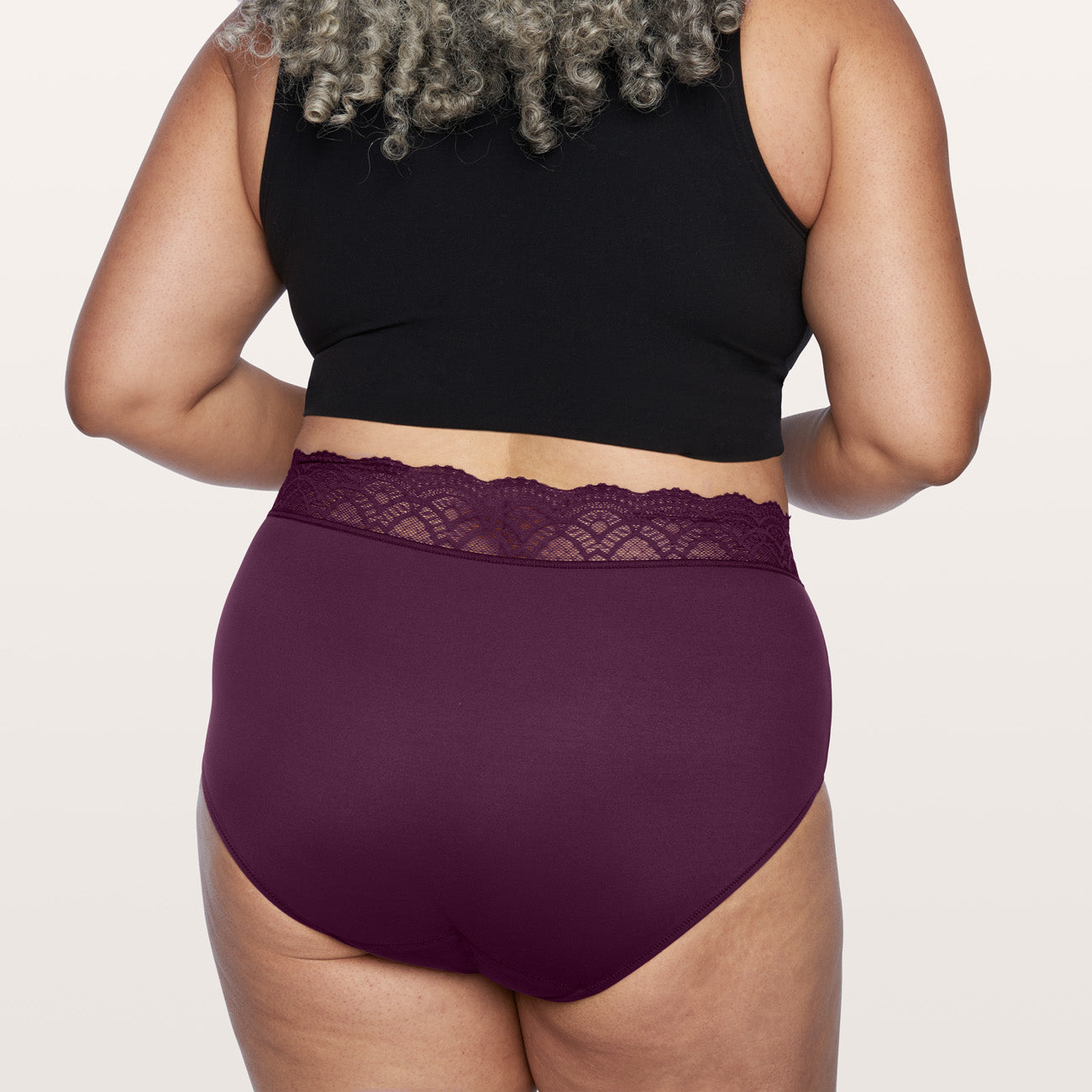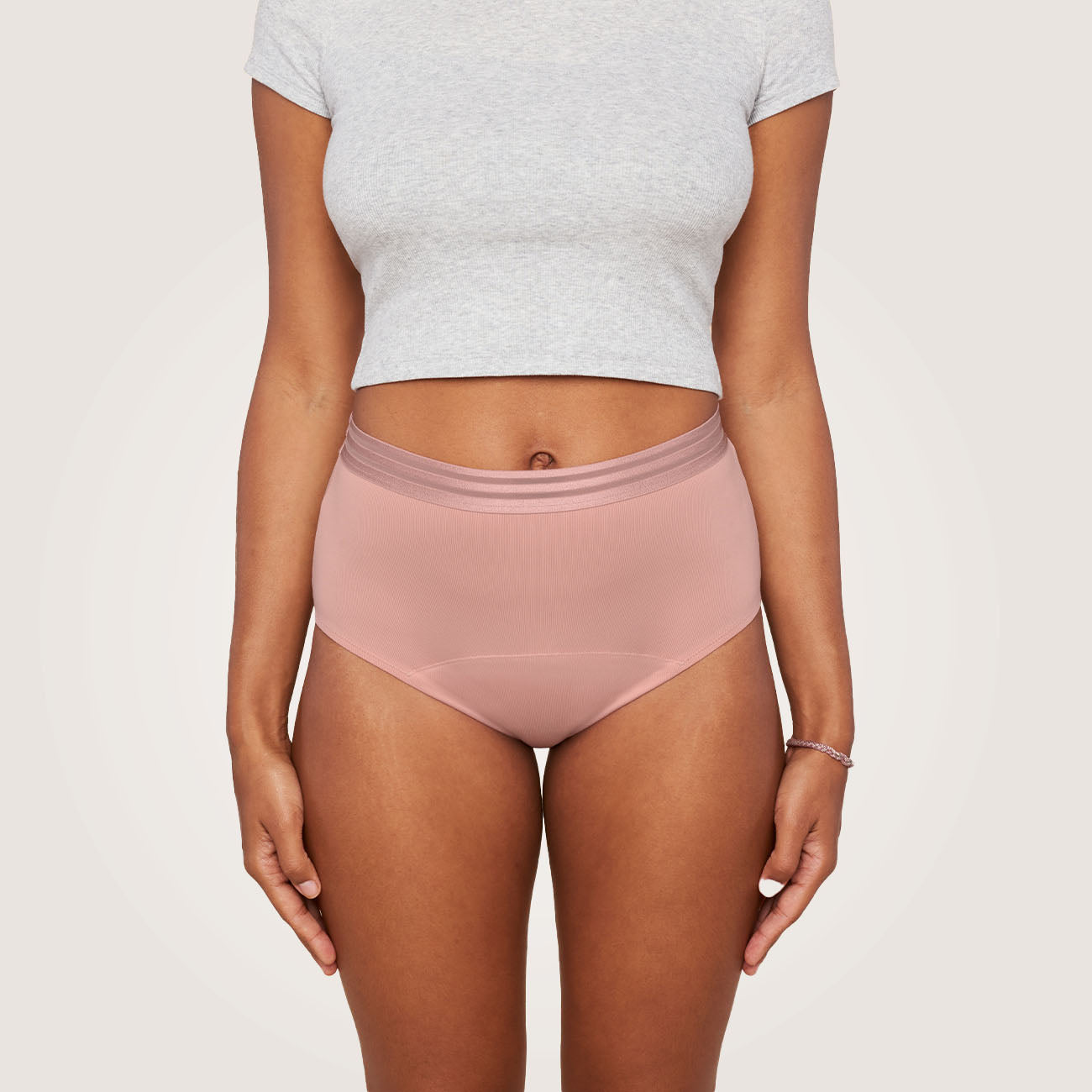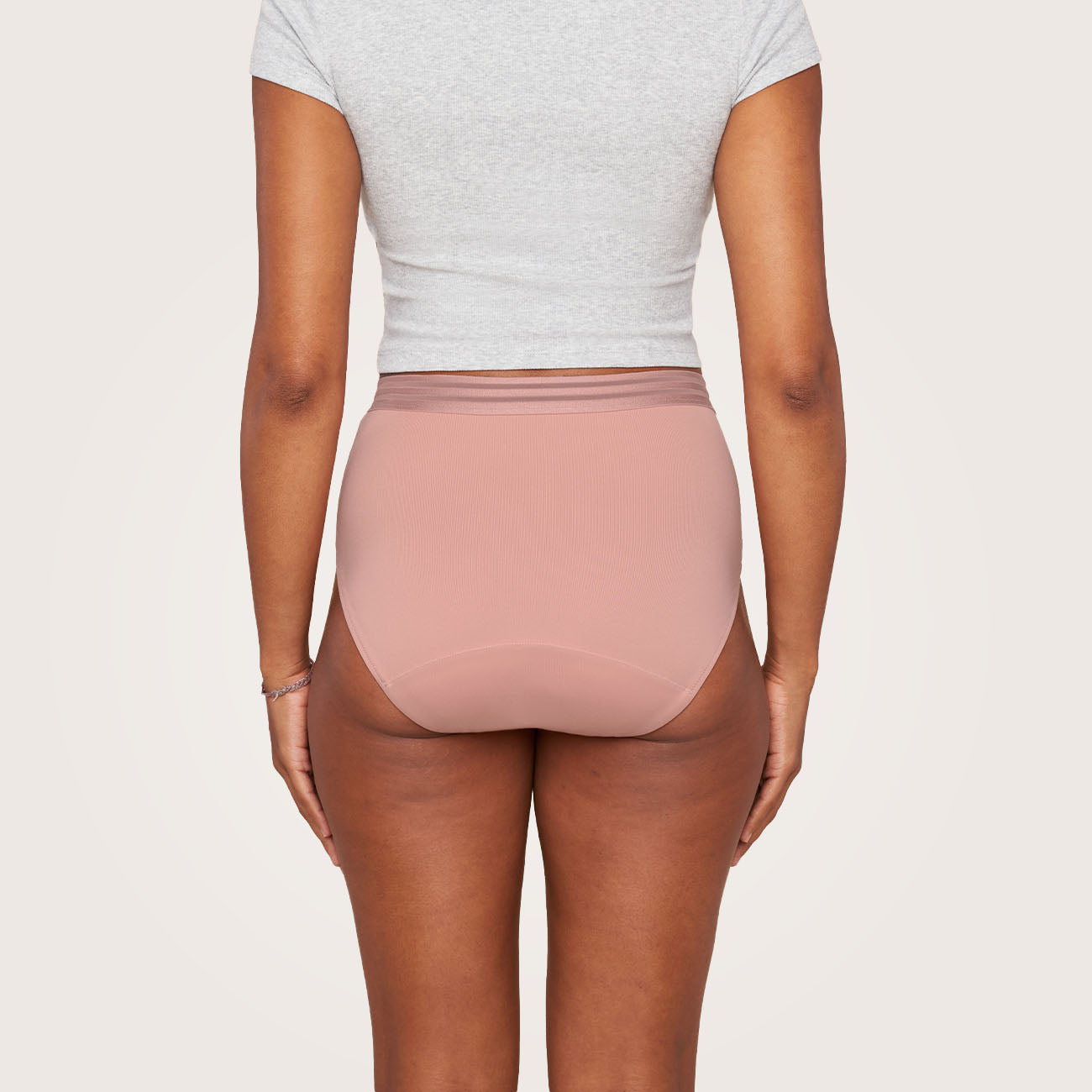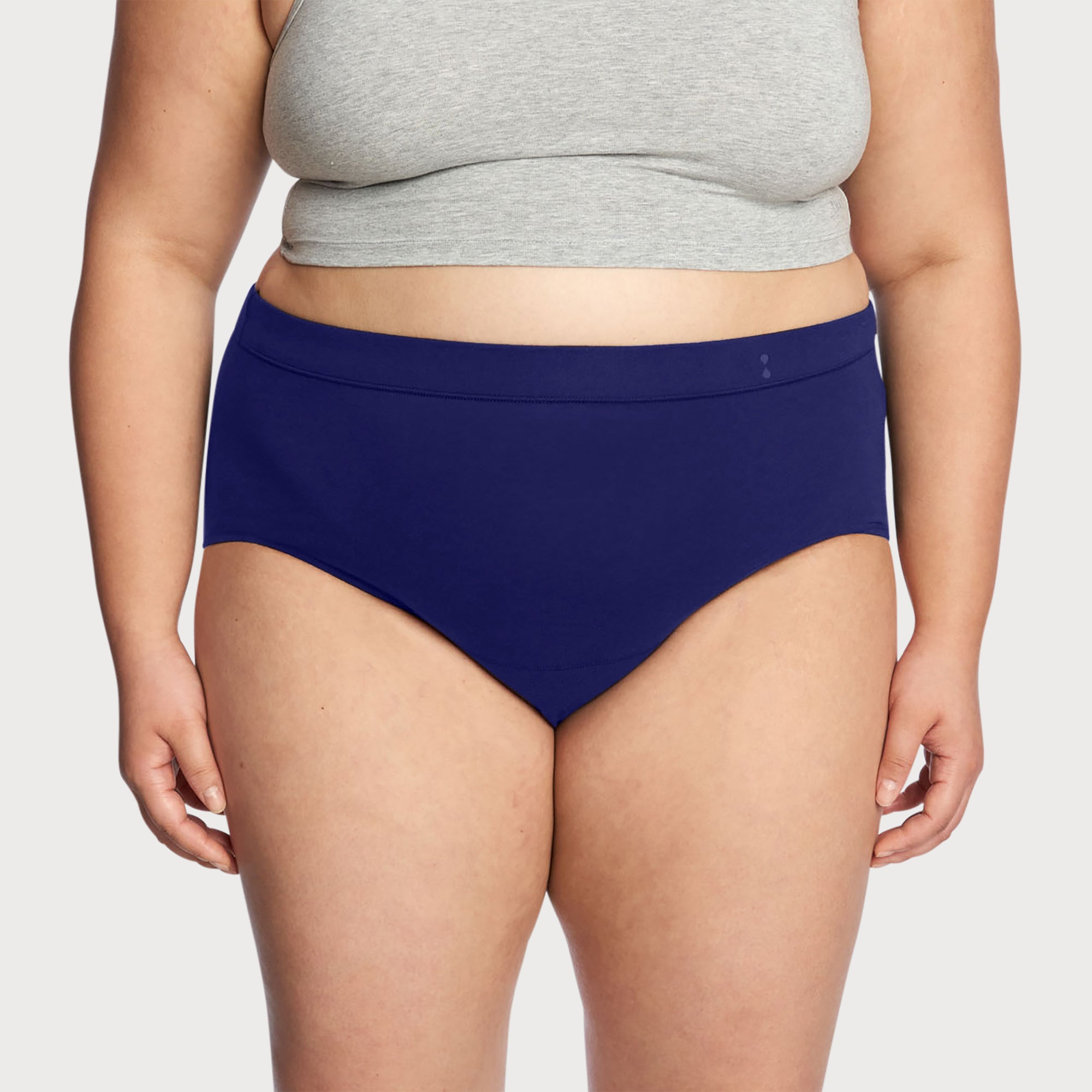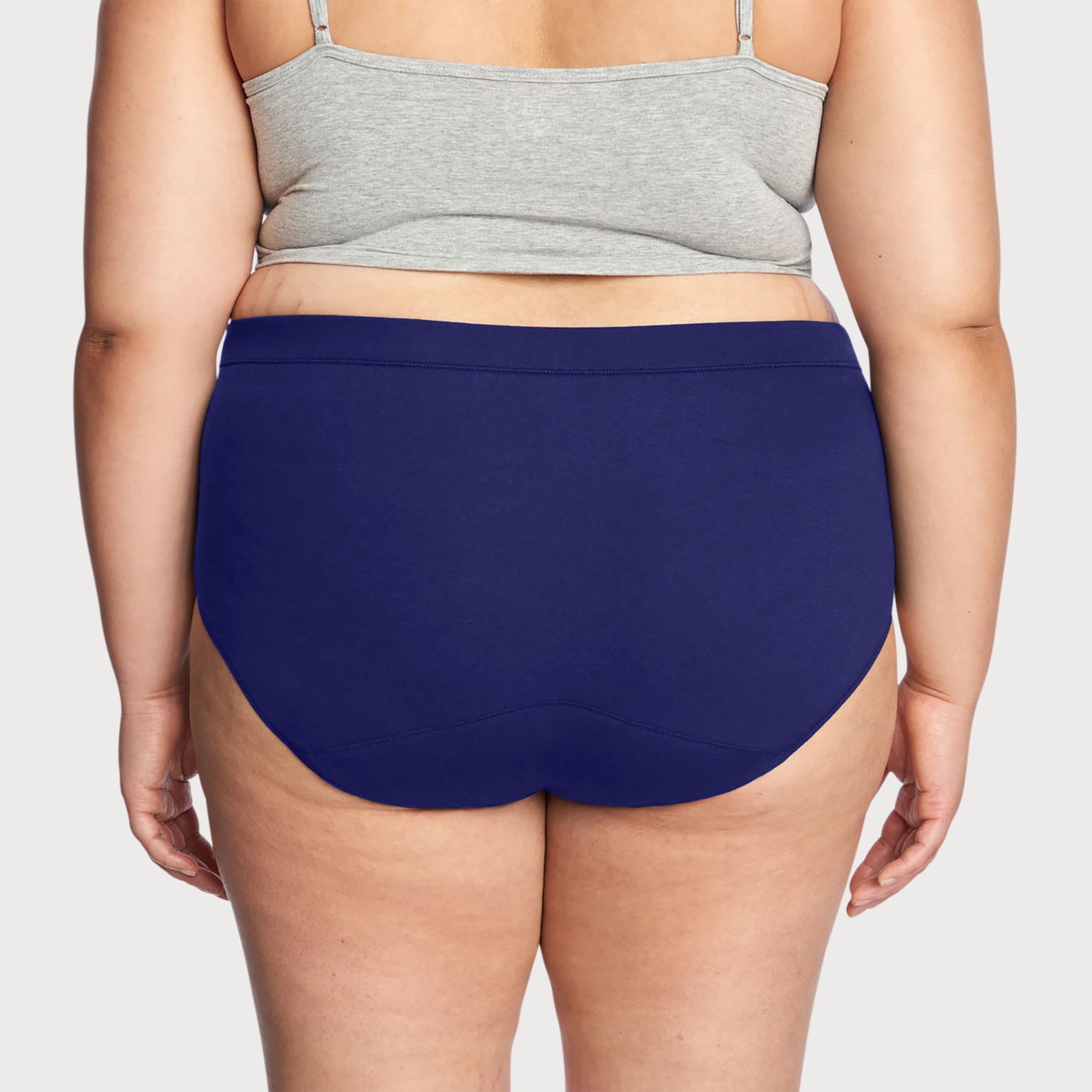Running and Leaking: Tackling Incontinence
- Share this article Copy to clipboard

Welcome, runners! We're diving into a topic that many of us might shy away from: peeing while running. Let's face it – it happens, and it's more common than you might think. In this article, we'll tackle the issue head-on, exploring why it occurs, its impact on runners, and how to manage bladder control while running.
brief overview of the issue
Peeing when running is not exactly the most glamorous topic, but it's a reality for many runners. Whether you're a seasoned marathoner or a casual jogger, you might have experienced an unexpected bladder leak during your run. Let's break the stigma and address the importance of dealing with incontinence while pursuing your passion for running.
understanding incontinence while running
Why does peeing while running happen? It has a lot to do with your pelvic floor. This network of muscles, ligaments, and connective tissues plays a big role in maintaining urinary control. Here are some causes to take into consideration:
age isn’t just a number: As we clock in more years on this earth, our bodies go through changes, and unfortunately, our pelvic floor muscles aren't exempt. Aging can contribute to the weakening of these key muscles, paving the way for incontinence to sneak into our running routines.
the baby effect: The process of childbirth can exert significant pressure on the pelvic floor. Sometimes, those muscles that once held firm take a little break, leading to postpartum bladder leaks during your morning jog.
lifestyle choices matter: Our daily habits and choices can have a say in whether or not we'll be reaching for absorbent underwear during a run. Factors like smoking, excessive caffeine consumption, and even chronic constipation can contribute to the weakening of the pelvic floor.
hormones in the mix: Hormones play a role too. Fluctuations, especially during certain phases of the menstrual cycle or menopause, can influence the condition of our pelvic floor muscle. The hormonal changes that our bodies sometimes result in unexpected leaks during our favorite runs.
extra pressure on the bladder: Running itself puts extra pressure on our bladders. Combine this with a weakened pelvic floor, and you've got a recipe for leaks. It's not just about the physical impact of running but also about how it affects the delicate balance between your bladder and those hardworking pelvic floor muscles.
post-run hydration habits: Yes, staying hydrated is important, but the timing matters too. Chugging gallons of water right before your run can strain your bladder unnecessarily. There must be a balance between hydration and avoiding those inconvenient mid-run bathroom breaks.
not all running gear is created equal: Your choice of running gear can make a difference. Ill-fitting gear or materials that don't wick away moisture may contribute to discomfort and exacerbate incontinence. Here's where Thinx for All Leaks steps in, offering a comfortable underwear solution that absorbs bladder leaks while helping you stay dry.
impact on runners
Experiencing incontinence while running goes beyond the physical discomfort; it gets into the headspace of runners. It's not just a little inconvenient; it messes with the flow of a run, making each step feel like a bit of a battle. The worry about leaks can put a dark cloud over the joy of running, creating this ongoing mental hurdle that makes it tough to feel the freedom and pure enjoyment people should get from each stride.
In the world of running, incontinence doesn't just affect our bodies; it messes with our minds, stealing away the joy from this activity. So, let's aim for a running experience that recognizes the importance of both physical comfort and mental freedom.
managing and preventing incontinence
Now, onto the good stuff — how to manage and prevent incontinence. Managing and preventing incontinence is possible with the right amount of effort and practice. Let's dive into the strategies that can make a difference in bladder control:
#1 pelvic floor exercises and training
Kegel exercises, anyone? Strengthening your pelvic floor muscles is like giving them a superhero upgrade. It is important to consistently practice this simple yet effective Kegel exercise that can make a world of difference.
#2 plan your route mindfully
Be strategic with your running route to include access to public restrooms or areas with facilities where you can manage incontinence if needed. Knowing where restroom options are along your route can provide a sense of security and help alleviate anxiety about leaks.
#3 choose the right absorbent products
Selecting the appropriate absorbent products is key to managing incontinence while running. Look for absorbent underwear designed specifically for bladder leaks. At Thinx, our products are designed to look and feel like regular underwear for discreet comfort.
#4 hydrate wisely
Managing your fluid intake before running can help minimize the risk of incontinence. Consume fluids well in advance of your run, and consider reducing intake closer to your workout time. Additionally, avoid caffeine and other bladder irritants before running to help maintain better control, and opt for bladder-friendly foods instead.
running with confidence
Peeing while running is a shared challenge, but it's a challenge that can be managed. Embrace the journey, recognize the hurdles, and proactively take steps to reclaim control over your runs, exercise, and physical activity. Remember that you're not alone, and seeking professional advice is a big step toward discovering personalized solutions.
Beyond managing periods, Thinx steps up to help you manage all of life's leaks. The next time you hit the pavement, do it with the assurance that Thinx for All Leaks has your back (and front!). Bladder leakage can happen, but it does not have to be a roadblock to crossing that finish line.
sources
Flyte by Pelvital USA. How to Stop Leaking Urine When Running. https://flytetherapy.com/blogs/news/how-to-stop-leaking-urine-when-running
Aeroflow Urology. 10 Best Tips to Prevent Peeing While Running. https://aeroflowurology.com/blog/10-best-tips-to-prevent-peeing-while-running
Women’s Running. Why Do I Pee When I Run? Here’s How to Stop Urinary Leaks While Running. https://www.womensrunning.com/training/why-do-i-pee-when-i-run-heres-how-to-stop-urinary-leaks-while-running/




